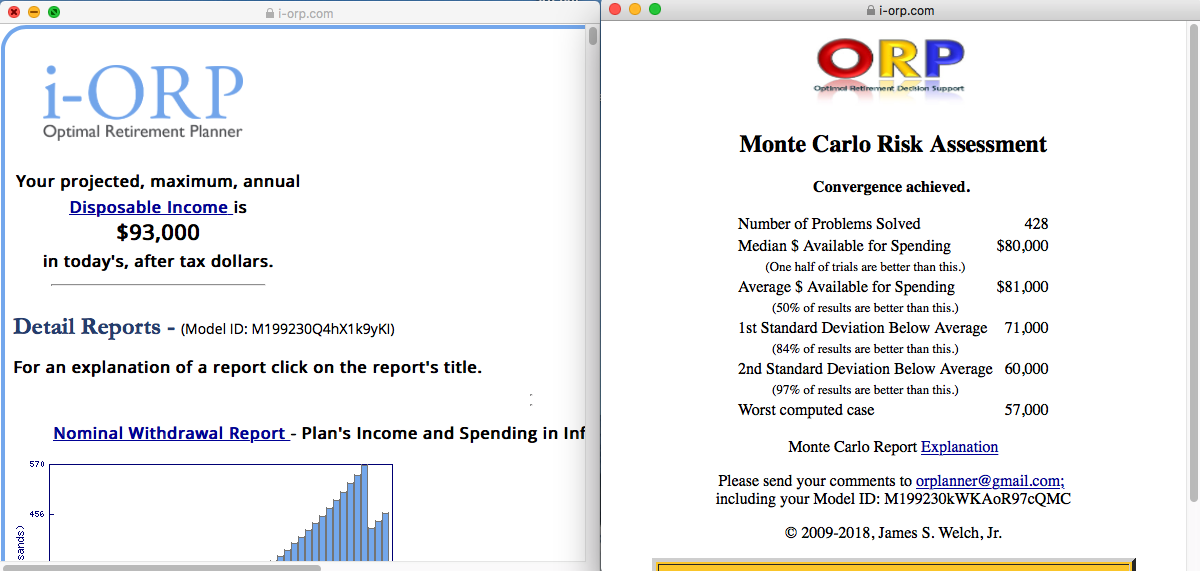a favorite of mine is to allow for taxes to be paid today so I don't have to worry about falling into some unknown tax trap invented by the boys and girls in Washington when they change income tax rules.
Yet you ignore the possibility that they will change the tax rules to put a tax on ROTH withdrawals.
See, when you set about to make plans to guard against potential bad risks you have to make allowances for _all_ reasonable risks, not just the ones that have a favorable outcome.
And there's an example of just that.
SS benefits were not subject to income tax originally. Reasonable, since you paid the SS tax with after-tax dollars. Then they changed the tax rules and it suddenly became taxed.


